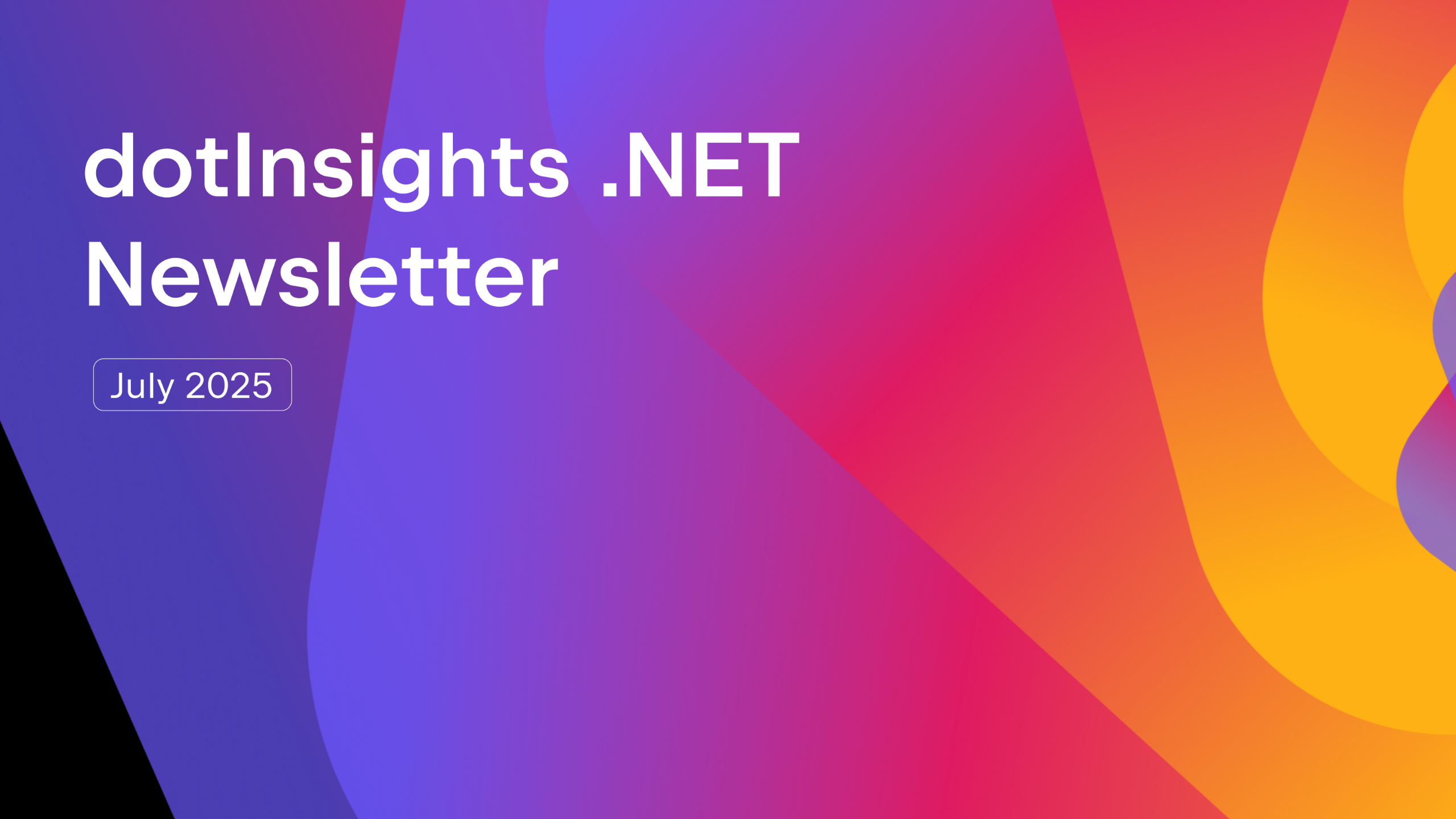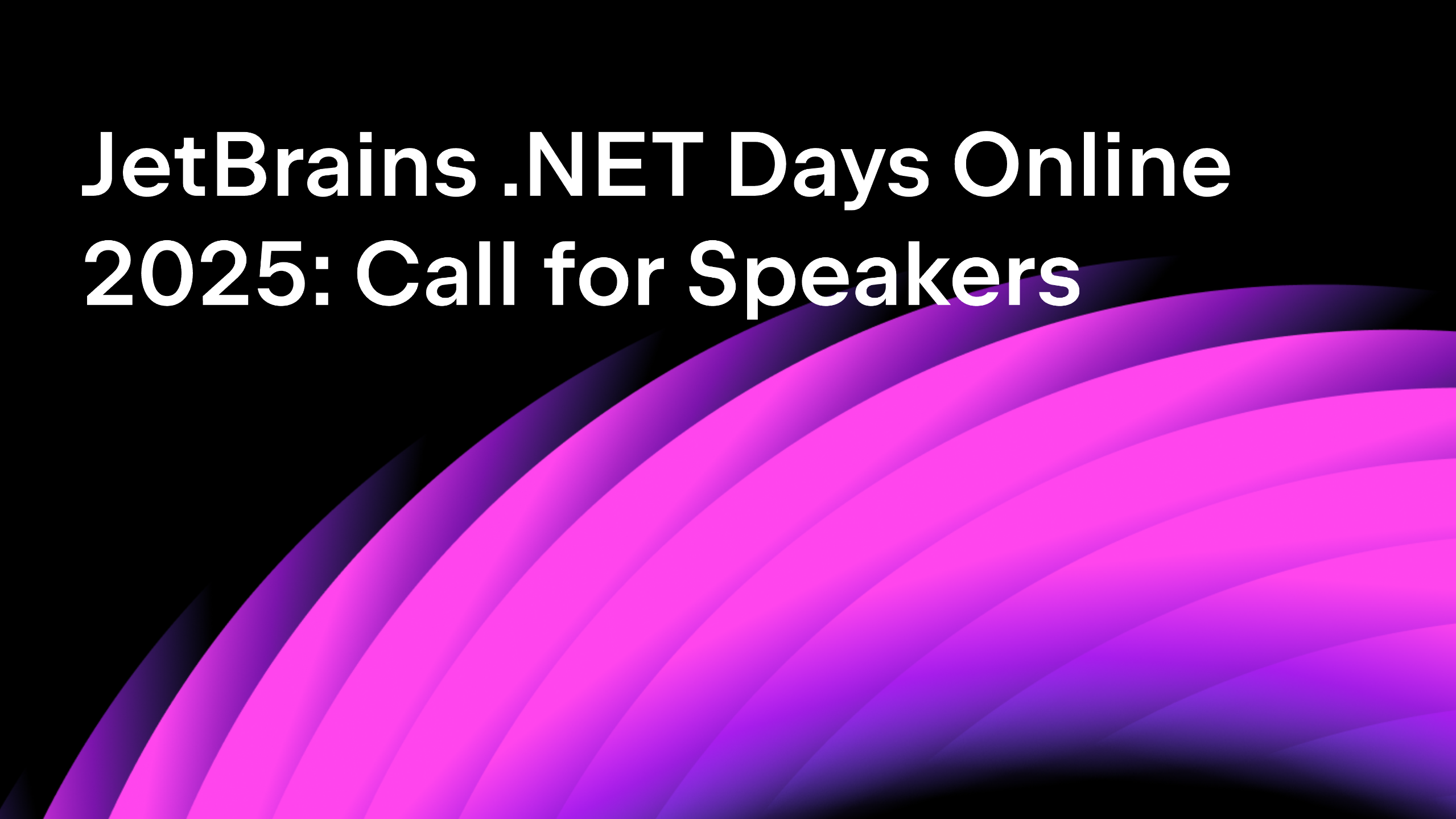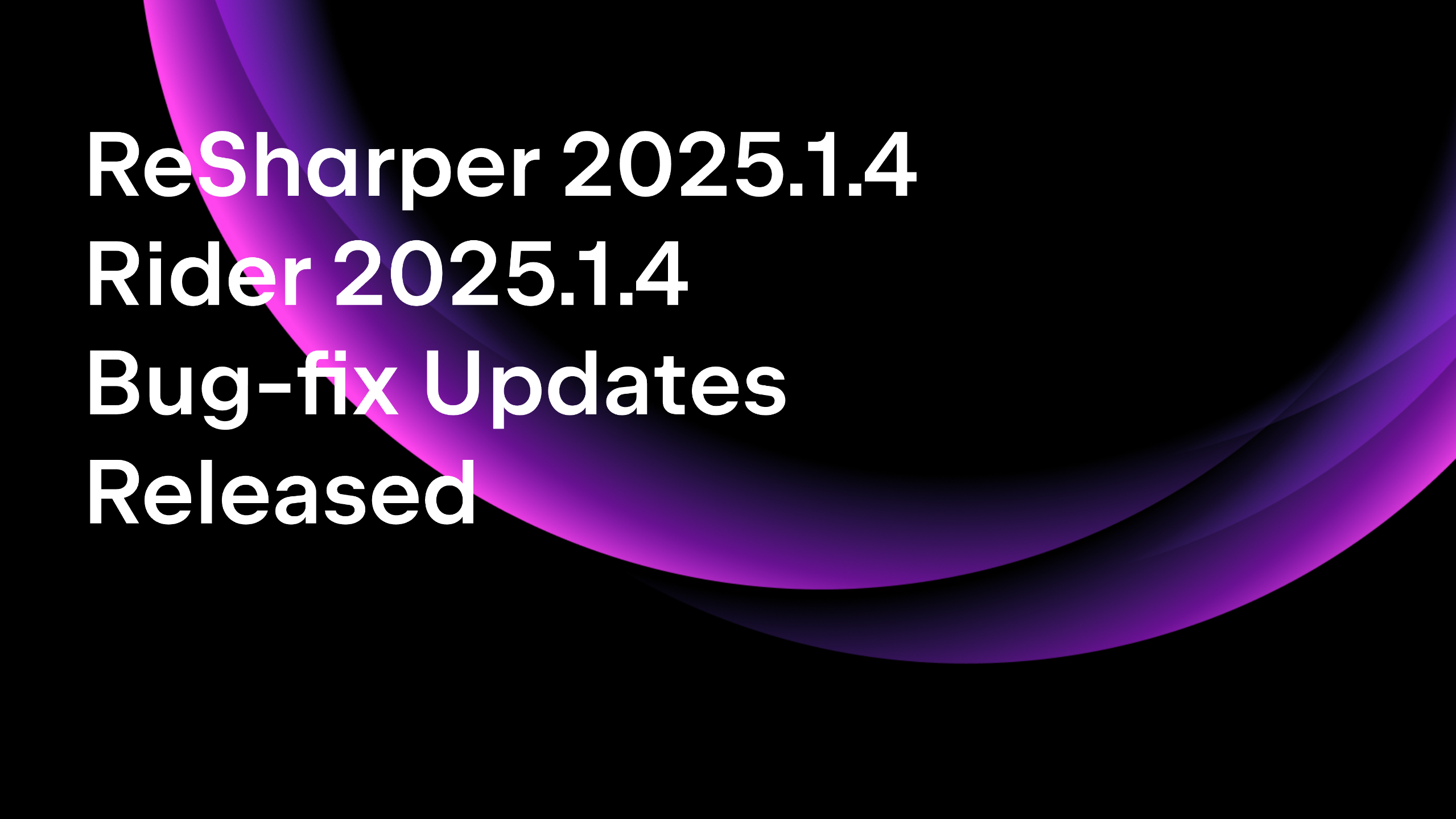.NET Tools
Essential productivity kit for .NET and game developers
Rider 2024.1 Roadmap
The Early Access Program for Rider version 2024.1 is already in progress, but that doesn’t mean it’s too late to give you a glimpse into the future of your favorite .NET IDE with an overview of our plans for the next major release.
This roadmap is just a preliminary plan and may be adjusted depending on our priorities and resources as well as accounting for changes in the .NET space. Some features and fixes may have to be postponed to a later release date.
With that in mind, let’s dive in!
UX/UI
Among the most important changes to UX/UI coming in Rider 2024.1 are the reworked New Solution dialog and the availability of individual project branches on the Welcome screen that we teased in our previous roadmap post, but had to postpone.
Debugger improvements
Reliable debugging experience for Blazor WASM applications.
.NET WebAssembly debugging is set to receive a major overhaul in version 2024.1. Our plan is to expand the list of options available for Blazor debugging, making it as close of a match to the full feature set of Rider’s debugger as possible. We’ll also be working on improving the reliability of the debugging process, particularly when it comes to maintaining connection and hitting breakpoints.
Check out this blog post to learn about .NET WebAssembly debugging in Rider.
Hot Reload for Blazor
We’re working on making Hot Reload available for Blazor Wasm applications both during running and debugging. You can follow the progress on this feature here.
We also plan to make Hot Reload available for CSS in Blazor Hybrid apps (RIDER-86063).
Stepping time & the data collections visualizer
We had to postpone these two features during the 2023.3 release cycle, but we’re now well on track to deliver them in Rider 2024.1. With stepping time, you can see the time elapsed between hitting two breakpoints, giving you a (very) rough idea of performance. The data collections visualizer will allow you to visually inspect complex data structures like arrays and lists with the help of interactive tree and table views. Follow the issue RIDER-5116 for progress on stepping time, and RIDER-9738 – for updates about collections visualizer.
Inline breakpoints
Rider 2024.1 will allow you to set up multiple breakpoints on a single line of code if several statements are present. You’ll then be able to set the breakpoints either by using the inline hints or via a key shortcut.
Reworked Run to cursor inlay option.
With our next release, we’re bringing our Skip to cursor option in line with how it works in IntelliJ IDEA. The new Run to Cursor inlay offers a quick way to navigate to a specific line of code while debugging. Once your program is suspended, you can hover over the line of code to which you wish to continue execution. You can then utilize the Run to Cursor popup to execute your code until it reaches the line where your cursor is placed.
Game development
Unity
For our next major release, we’ll be continuing to enhance shader support. Rider 2023.3 introduced early support for Shader Variants that can enable different preprocessor blocks, allowing for rich Rider editing features in previously disabled parts of the file. In the next version, we will drop the preview status.
For more information on shader support in Rider, check out this blog post.
We’ll also be continuing to improve your debugging experience. We’ll address the debugging issues related to regular Unity projects and Il2Cpp builds, and polish debugging with DOTS. in the 2024.1 release, Pausepoints will also work for any DOTS-related code, with additional debug information shown for your jobs (e.g. current entity). Moreover, we’re currently investigating how to get Rider to evaluate custom DOTS queries.
Unreal Engine
With Rider 2023.3, our main focus for Unreal Engine was optimizing asset indexing performance. In the upcoming release, we will enhance asset integration with Unreal projects. This includes delivering better support for UEnum in Core Redirects and providing path completion for resources in C++ code. We plan to revisit Slate support in Rider and improve our code formatter, typing assists, and navigation.
We’re also planning to improve debugger performance and evaluation quality, as well as to improve the C++ debugger experience around the blueprints integration.
Last but not least, we are actively working on console-specific support that we plan to roll out throughout the year.
Godot
In order to provide proper support for Godot 4, we plan to implement a couple of C# specific updates. The first one is going to be cleaning up source-generated code from code navigation popups. The second one is to clean up Add inspection for missed partial modifiers in classes derived from specific Godot classes.
Web development
Another focus for the upcoming release will be the enhancement of smart code completion and parsing for web application development. You can expect several small improvements aimed at delivering a more efficient, error-resistant, and enjoyable coding experience.
Also, as part of our efforts to strengthen ASP.NET Core support, we’re going to implement Extract to global usings context action that will allow you to easily move a using from a particular file to a global usings file.
Improved MAUI support
We’re making improvements to MAUI support one of our focal points for the 2024.1 release. Among the areas that will receive the most attention are improvements to run configurations and the publishing workflow, as well as bug fixes for an overall smoother development experience.
AI Assistant
With version 2023.3 our main goal was to bring two must-have features to our users: the JetBrains AI Assistant chat and AI-powered multiline completion. We can work on the necessary improvements now that we have both in place. Here are some of the things we have planned:
Improved quality of AI completion suggestions
While the JetBrains AI service works hard to improve the quality of its offering for all languages supported on the server side, our .NET LLM team will focus on improving the AI suggestions for C#, and providing multi-line completion for F# and C++.
This will involve experimenting with different popular third-party and in-house AI models polishing the prompts, improving the ways we collect solution context, and figuring out our approach to embeddings.
Smart spellchecker
Following the lead of ReSharper, Rider will also receive an upgraded spelling and grammar checker. The new spellchecker supports over 20 languages and catches natural language errors within programming languages supported by Rider (C#, C++, VB.NET), markup languages (HTML, XML, XAML), and comments.
Running unit tests in containers and remote environments
For the next version of Rider, we’re working on making it possible to run unit tests inside Docker containers, as well as in remote environments using WSL and SSH.
Encapsulating an application in a Docker container for unit testing ensures a consistent and isolated environment, with versioned Docker images facilitating reproducibility. Meanwhile, being able to leverage a WSL or a SSH connection allows for testing across diverse platforms.
Code With Me (Beta)
The long-awaited collaborative environment for Rider is expected to be made publicly available in the 2024.1 release. Check out this page to learn more about JetBrains Code With Me.
We hope you enjoyed this preview of the features and improvements coming to Rider’s first release of the new year. Let us know which ones you’re most excited about in the comments below.
Another way to give us feedback and help shape the future of your favorite .NET IDE is by participating in the Early Access Program. Keep an eye out for new EAP builds by signing up for our newsletter or following our social media.
Subscribe to a monthly digest curated from the .NET Tools blog:










